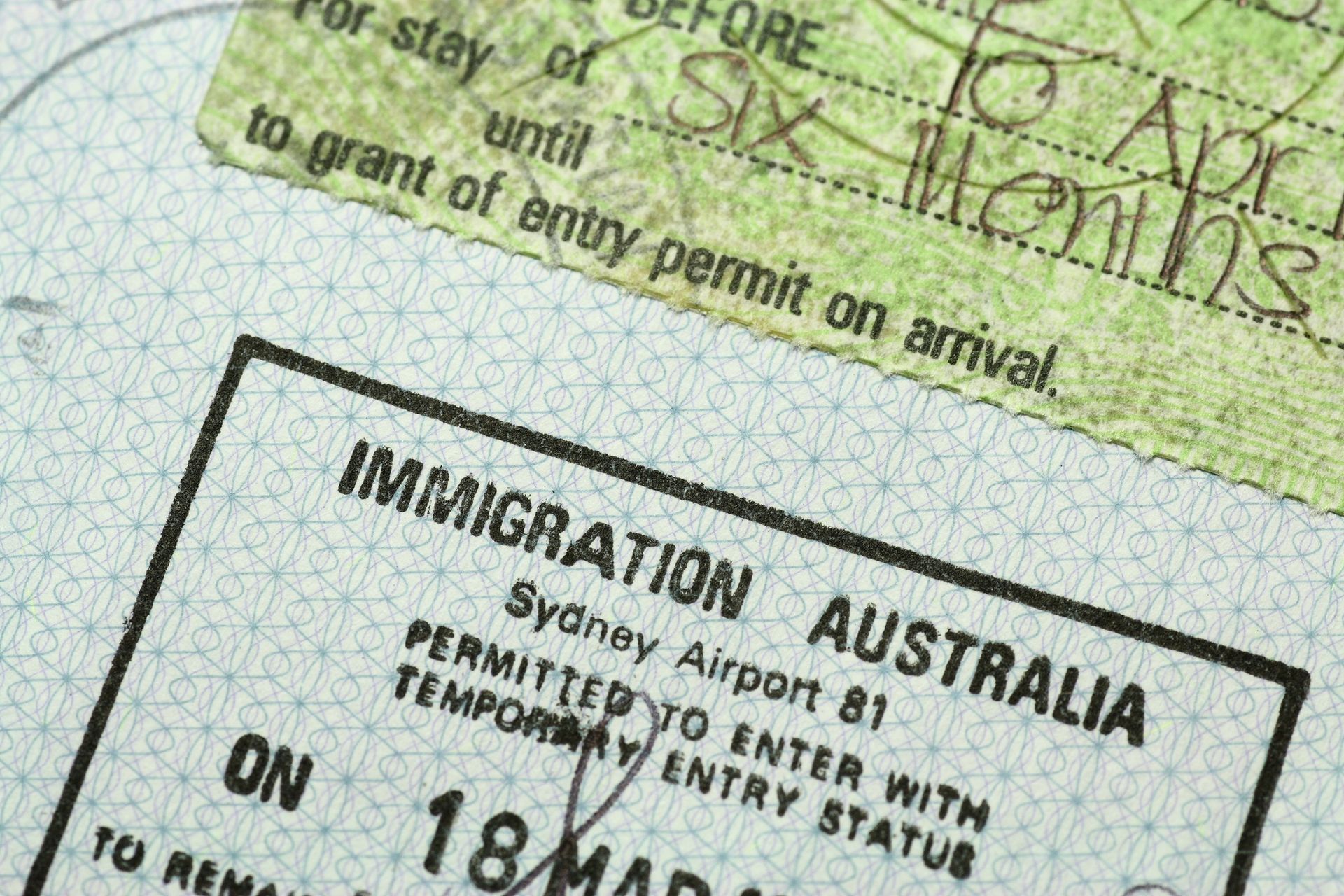Expertise
Contesting and Defending a Will – Will, Inheritance and Estate Disputes
Will Dispute Lawyers Engadine
Will Disputes Specialists
We assist both those making a claim and those defending one. Whether you are challenging the distribution of an estate or need help protecting the terms of a Will, you can count on our expertise.
Free Will Dispute Assessment
Book a free 15-minute claims assessment to explore your options and discuss the next step.
Here To Help
If you have been left out of a Will or believe the outcome of an estate is unfair, you may have grounds to challenge it. On the other hand, you might be responsible for defending a Will against a claim from someone who feels they were entitled to more.
These matters can arise during a difficult time and are often made more complex by blended families, second marriages or unclear instructions left behind. Disagreements are common and often require careful handling.
Our Engadine lawyers assist with both sides of the process. Whether you are questioning how an estate has been distributed or you are seeking to uphold the wishes of someone who has passed away, our team can review the matter, assess the documents, and help you work toward a strong and reasonable outcome.
Frequently Asked Questions About Will Disputes
Speak with an experienced Will and estate dispute lawyer in Engadine
Book your free case review today and find out where you stand.
OUR TEAM
Our Expert Lawyers
Speak to a Wills & Estates Lawyer
From drafting your Will to managing probate and complex estate matters, our team offers clear, compassionate legal support tailored to your circumstances.






